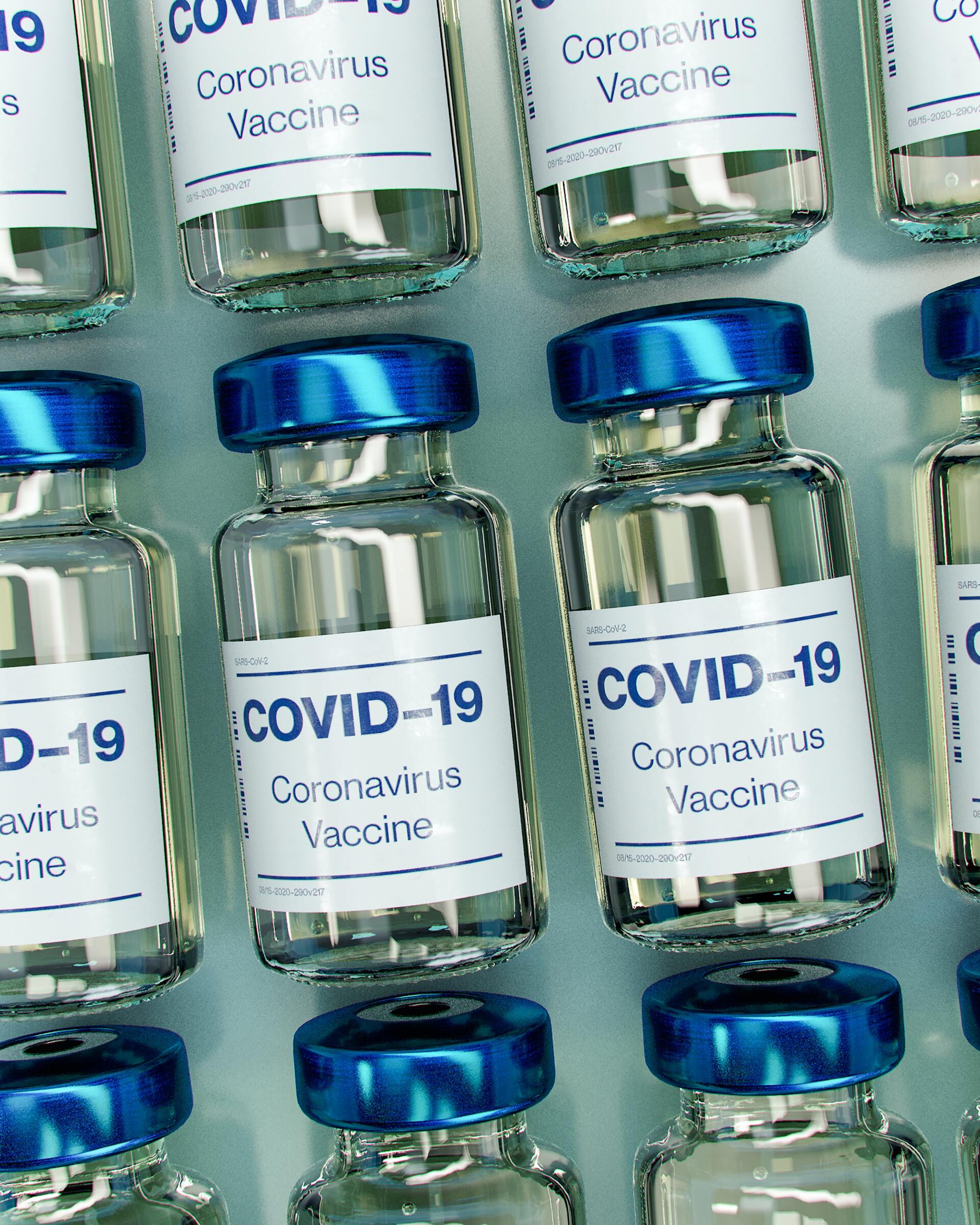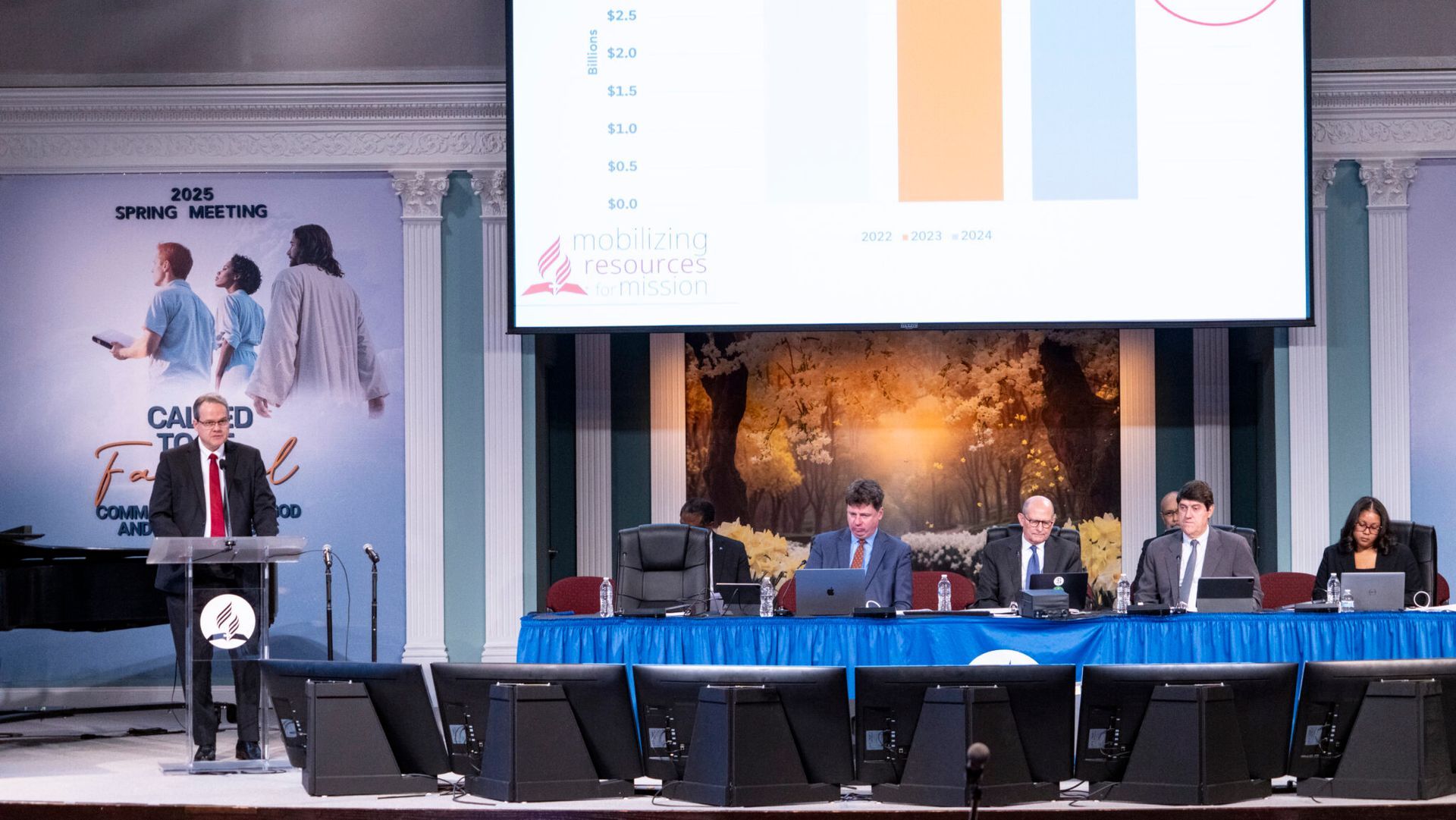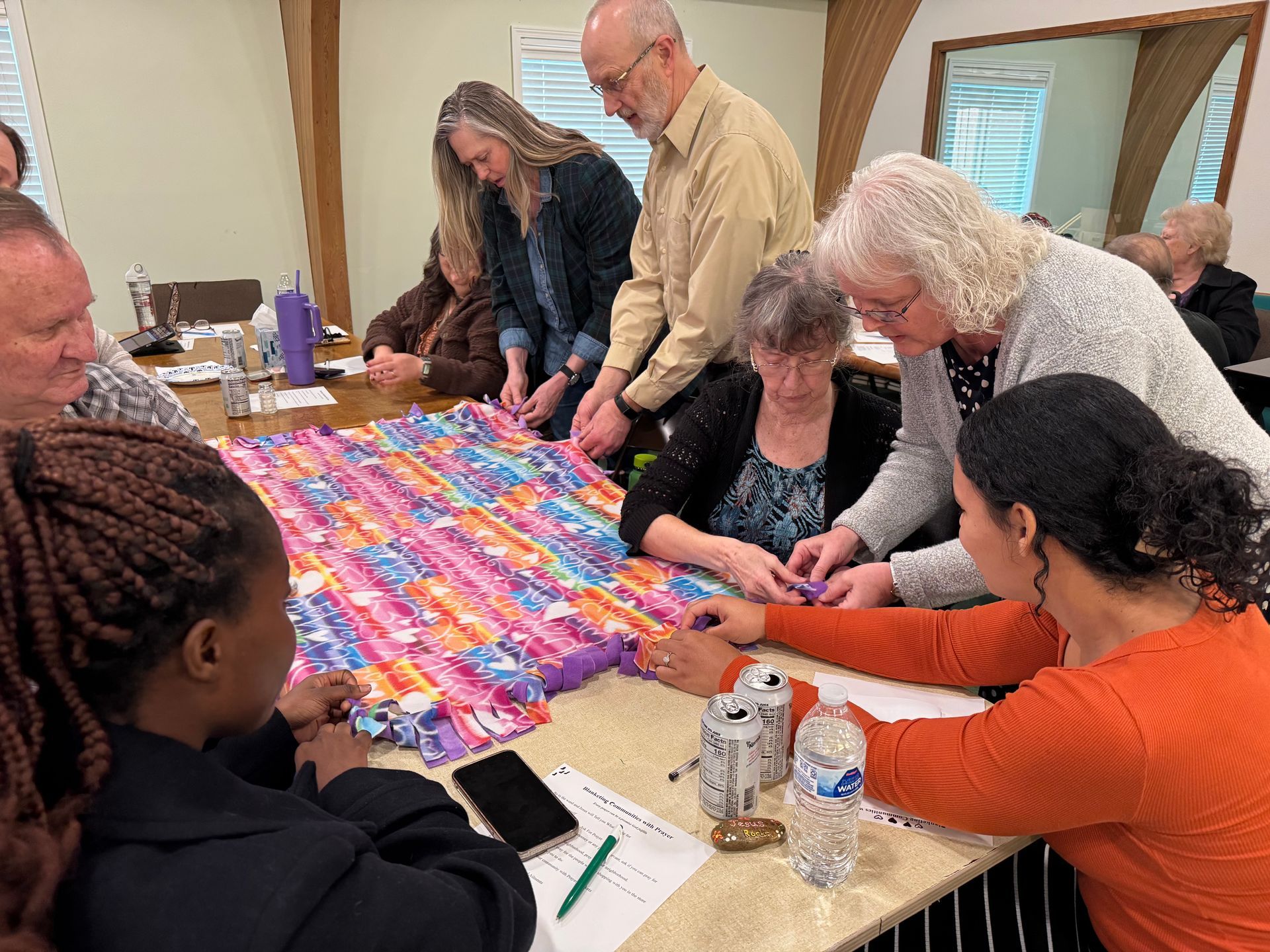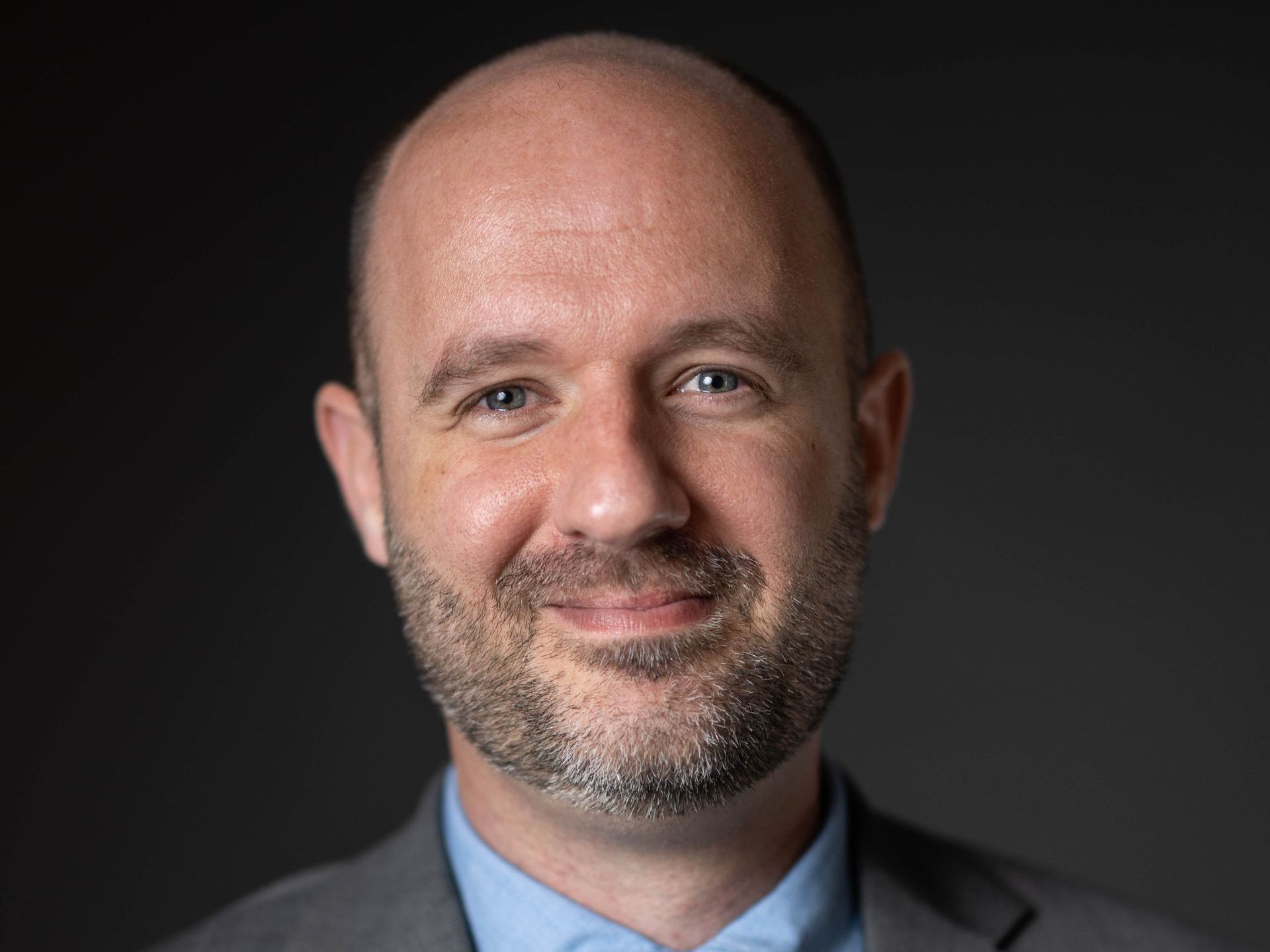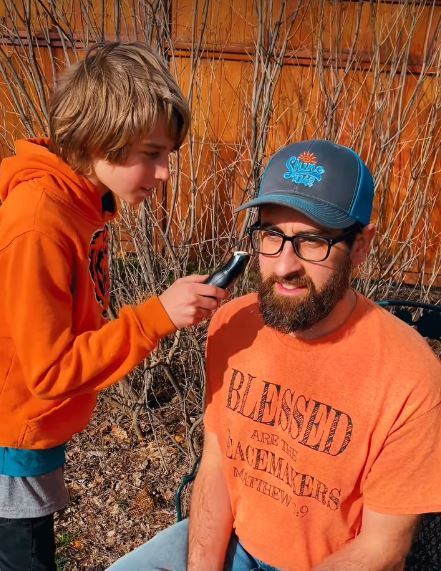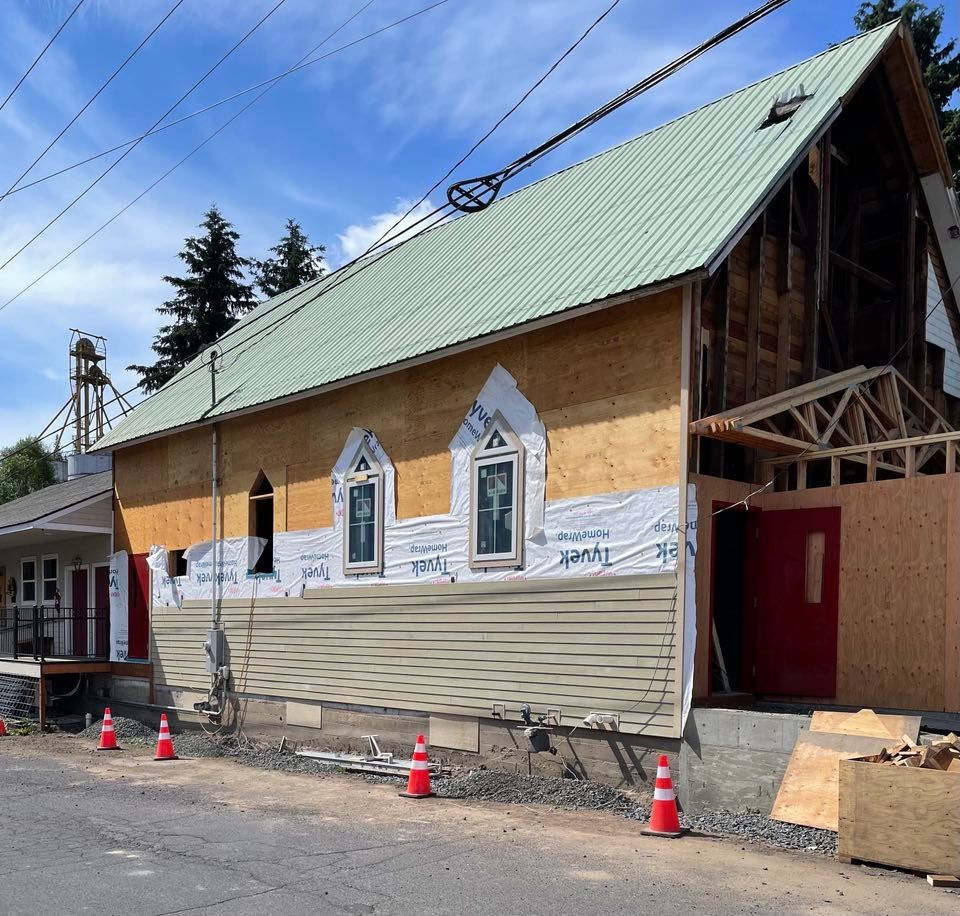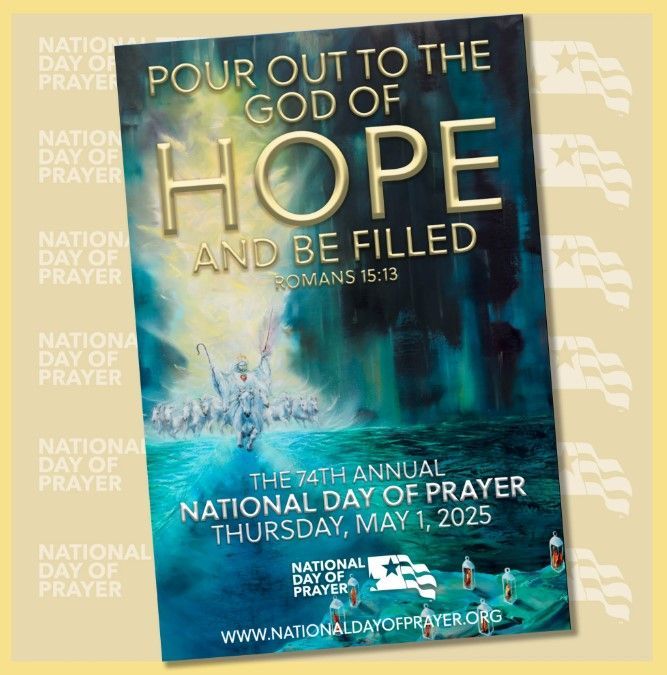Should You Get the Vaccine? Or Not?
I think all of us believed that things would “get back to normal” in a few weeks, maybe a couple of months.
By Cindy Williams, RN
Coordinator, Health Ministries
Have you ever thought about how blessed we are to live in a country where we have access to clean drinking water, reliable sewer systems, and garbage disposal? These systems that we largely take for granted are responsible for mostly eliminating diseases that the rest of the world deals with all the time. We also have easy access to vaccines that eradicated smallpox and polio in this country and greatly reduced other infectious diseases such as rubella, mumps, measles, diphtheria, and tetanus. These steps increased life expectancy and reduced suffering to an unparalleled level. The leading causes of death in the United States are heart disease, cancer, chronic lower respiratory disease, accidents, and stroke – all largely related to lifestyle.
Then the COVID-19 pandemic hit. We have endured nearly a year of lockdowns, economic stress and school closures, along with fear and uncertainty. I think all of us believed that things would “get back to normal” in a few weeks, maybe a couple of months. However, things didn’t return to normal and it seems at times as though they never will.
The announcement in December that not just one, but two, vaccines were under consideration for emergency use authorization surprised me. Scientists have tried to make a coronavirus vaccine for years and have failed. To have accomplished this in less than a year is remarkable and is a tribute to brilliant scientists around the world and their persistence.
More than 87.1 million doses of COVID-19 vaccine have been given worldwide as I write this. 27.3 million doses have been given in the United States. The country of Israel has already vaccinated a little more than 50 percent of their population.
The Pfizer and Moderna vaccines are MRNA (messenger Ribonucleic Acid) vaccines. This is a new technology for vaccines but one that has been studied by a small number of scientists for decades. The vaccine works by entering a cell’s cytoplasm (fluid within the cell) where it stimulates the production of antibodies to fight the SARS-CoV-2’s spike protein. Data from the large studies conducted before the vaccines were given emergency use authorization show that the vaccines are both effective – 95 percent after two doses – and have minimal side effects.
I’d like to share with you a statement from the General Conference of Seventh-day Adventists Department of Health Ministries regarding vaccines.
“The Seventh-day Adventist Church places strong emphasis on health and well-being. The Adventist health emphasis is based on biblical revelation, the inspired writing of E.G. White (co-founder of the Church), and on peer-reviewed scientific literature. As such, we encourage responsible immunization/vaccination, and have no religious or faith-based reason not to encourage our adherents to responsibly participate in protective and preventive immunization programs. We value the health and safety of the population, which includes the maintenance of 'herd immunity.'
"We are not the conscience of the individual church member and recognize individual choices. These are exercised by the individual. The choice not to be immunized is not and should not be seen as the dogma nor the doctrine of the Seventh-day Adventist Church.” (Reference below.)
Each of us must decide for ourselves what we are going to do about the vaccine. I urge you to read the research and make a decision based on scientific facts, not conspiracy theories or fear. Pray for wisdom and discernment as you read and search for answers. The resources below will give you a good place to start.
References
https://www.adventist.org/articles/immunization/
https://adventist.news/en/news/covid-19-vaccines-addressing-concerns-offering-counsel
https://www.bloomberg.com/graphics/covid-vaccine-tracker-global-distribution/
This article is part of a continuing series of health during these COVID times. For other articles, please see www.uccsda.org/healthministries.
Photo by Daniel Schludi on Unsplash



